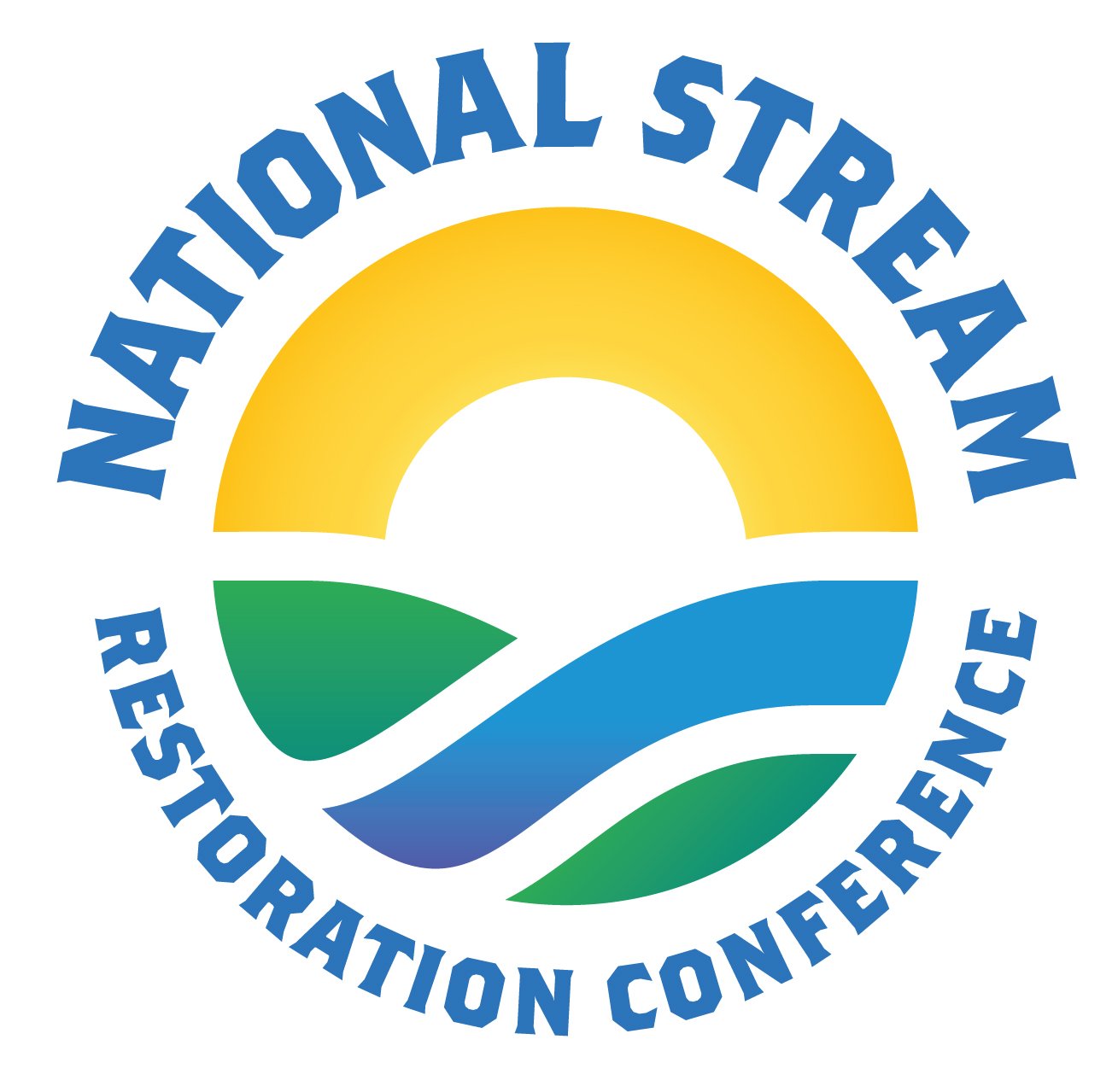Urban Stream Rehabilitation, The Past and Future - Where We’ve Been and Where We Need to Go Now
Will Wilhelm, PE, CFM, CPESC
Kimley-Horn
Denver, CO
Over the last few decades, urban stream rehabilitation (a.k.a. stream restoration) projects have increased across the country. The factors causing an increased in urban stream rehabilitation projects include: change in regulations, desires to improve resiliency of our cities, and the desire to improve livability in our cities. For example, regulatory changes include the implementation of stream rehabilitation practices that reduce pollutants to meet permits or regulation (i.e. MS4, TMDLs, 4b Plans, etc.) These practices also improve habitat and water quality, generating compensatory stream mitigation or nutrient credits. Another factor, the need for resiliency improvements, includes using stream restoration to reduce flooding and erosion. And finally, the need for improved livability drives the creation of open space, urban greenways, ecological parks, and restoration of our urban environment.
Although there is positive momentum in favor of stream rehabilitation across many cities and in the professional community, there are still many who believe that stream restoration efforts do not work or are a waste of money. This presentation will:
Look back on the 20+ years of experience implementing urban stream rehabilitation projects in relation to the above factors and criticism
Discuss lessons learned on a variety of projects across the county
Examine what is needed to advance the science, management, and policies as a professional community to be better stream ambassadors
Focus on the technical project management, modeling, field data collection techniques, and design processes used in complex multi-discipline urban stream projects
About Will Wilhelm, PE, CFM, CPESC
Will Wilhelm is a water resource professional with over 24 years of stream restoration experience. He manages numerous watershed projects involving natural channel designs and BMP for water quality and quantity. He is one of the driving forces behind Kimley-Horn’s watershed, floodplain management, and natural systems practices. He has been involved in the design of more than 350,000 linear feet of completed stream and floodplain restoration projects across the country. Will is a registered professional engineer in Colorado, North Carolina, and Tennessee, a Certified Floodplain Manager, and a Certified Professional in Erosion and Sediment Control.

